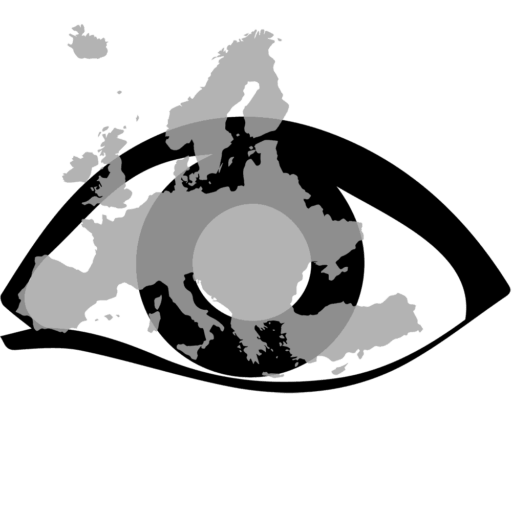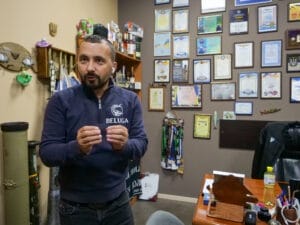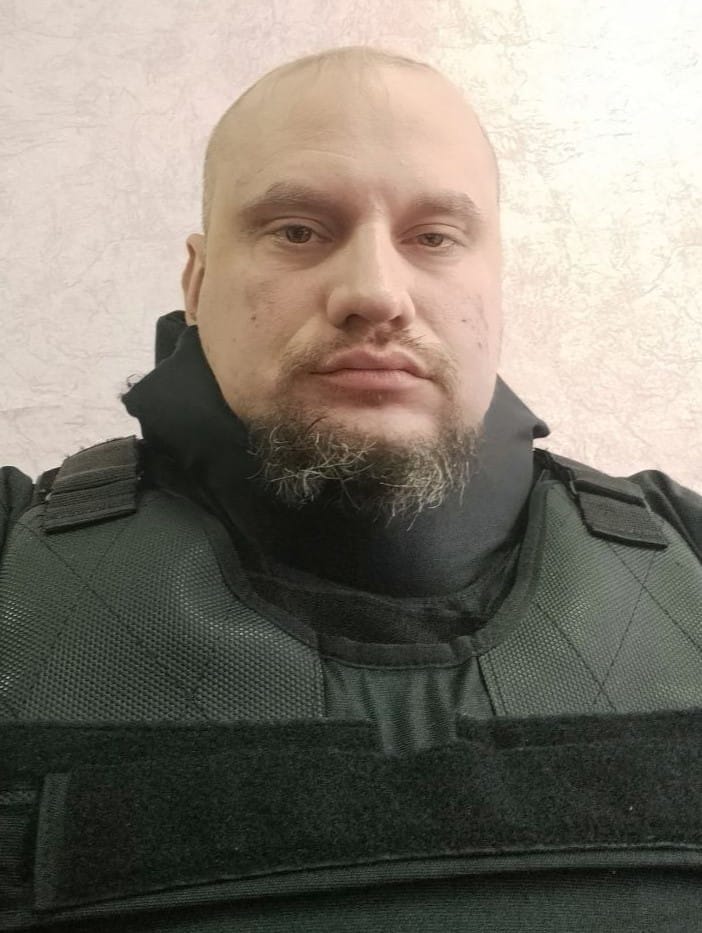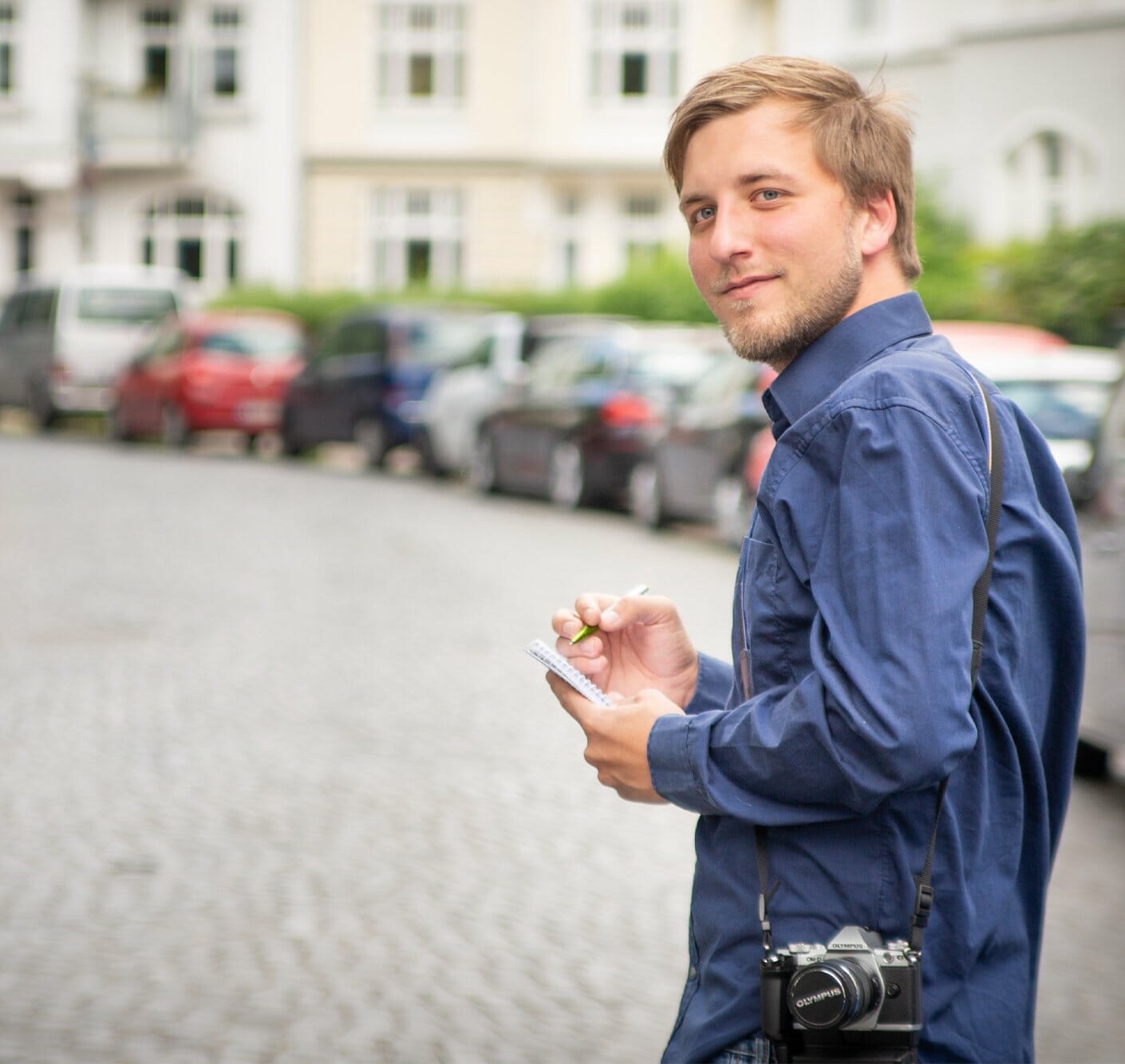Meet the man who set up the biggest Humanitarian NGO in Zaporizhzhia
When Russia started its full-scale invasion in Ukraine, Oleksandr Beluga decided to help his people. He stayed in Zaporizhzhia and set up the biggest Humanitarian NGO’s in the city.
I like helping children. I want to see the children’s emotions. When I was little, I dreamed of a Christmas truck like Coca-Cola. Last Christmas I decorated my truck and gave presents to 800 children.
The Ukrainian businessman Olexandr Beluga says he spends 90% of his income cooking 1,200 free meals a day for IDPs and delivering humanitarian aid to the front lines.
The big ambitions of Olexandr Beluga
He wants to shape a legacy. Having started as a dried fish trader and expanded into a mixed business network, Beluga now runs one of the largest charity organisations in Zaporizhzhia. With Russia’s full-scale invasion, the 40-year-old is already experiencing his third war.
In the almost two years of the current war, Beluga has built up a team of 120 volunteers.
Having spent much of his savings and business activities on humanitarian aid, he sees this as his only chance. “If Russia comes here, my business will cease to exist,” says Beluga. That’s another reason why he wants to continue his activities and take the chance to rebuild the country.
They are in addition to his 520 employees, 35 per cent of whom are internally displaced persons. “I am one of the last people in Ukraine who continues to feed people for free,” he says. Beluga anticipates the question why and gives an immediate answer: “It’s a matter of promise.” He did not expect the war to last so long. But when the first IDPs arrived in Zaporizhzhia, he told them he would do it.
Four million meals in two years
Over the past few months, he says, he has turned his business network into a charity. Beluga bought a fleet of 49 cars, vans and trucks to bring aid to the frontline villages. In cooperation with the World Central Kitchen, they provided up to 10,000 meals a day until September 2022. “We have provided more than four million meals since the start of the full-scale invasion,” he says.
On a map on the wall of his office, he has written numbers for each community. “We have front line contacts in each community and the number of people in need,” he explains. The idea for the kitchen came when orphanages approached his restaurant, which now serves as a central hub for all activities. “They asked us to cook meals with the food they had,” says Beluga. So he gathered a team of 45 cooks to prepare 7500 meals a day. He also hosted people on the so-called “Road of Life” from Kaminske and is still working with rescuers in Zaporizhzhia to feed and warm people after the shelling.
Many of his activities are documented on social media, often showing him bringing joy to people. Before Christmas, he invites people in need to his hub and hands out free food bags from the truck – giving each child a high five and posing with them for photos.
Next to the maps of the communities are signed flags, a shelf full of trophies and a wall of awards that Beluga has received for its humanitarian activities. The 40-year-old makes no secret of his intention. “I wanted to make a name for myself”, he explains his business activities. Before the full-scale invasion, he was diagnosed with a lung tumor and underwent chemotherapy. It made him realize that once he was back, others would just go on living, perhaps remembering him once a year.
I want more than that.
For him, it was now about making a difference. Feeding people, building kindergartens, giving a new generation a better future – something that will remain after he is gone. Looking back on his illness, which he says he has been monitoring for the past two years, he says confidently: “God was preparing me for something. As the war raged on, he found his destiny. “I hope this region will be better than the rest of Ukraine,” Beluga says. But the country as a whole needed a change of mentality to rebuild and rise like a phoenix from the ashes.
Everything is connected to fish
Beluga grew up in Rîbnița, Transnistria, which means “fishing”. “My whole life is connected to fish,” he says with a smile. But in a similar way it was impacted by wars. He still remembers the bloodshed, the corpses washed down the river, the tanks running over people. The “Russian promises of money, free gas and a prosperous life”.
He remembers similar propaganda when he lived in Makiyivka, near Donetsk. It was captured by Russian-backed separatists in 2014. That was the reason he moved to Zaporizhzhia: The front line is about 40 kilometres away, and Russian President Vladimir Putin declared the entire oblast, including the capital, to be Russian territory in September 2022.
“They are all the same,” he says of the three wars: “They were started by the same state for the same reason (…) just to grab territory.”
Post published on March 6, 2024
Last edited on March 6, 2024
[mc4wp_form id=239488]





Leave a Reply
You must be logged in to post a comment.